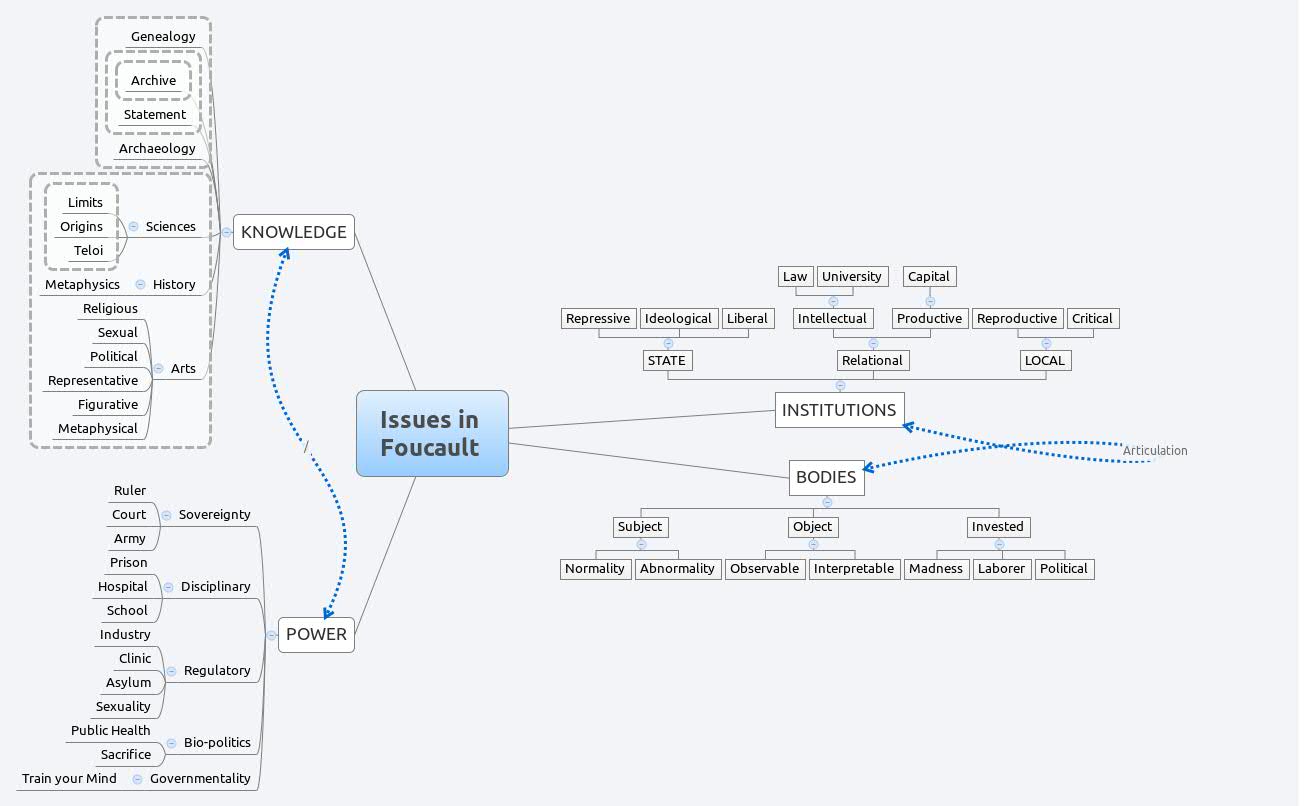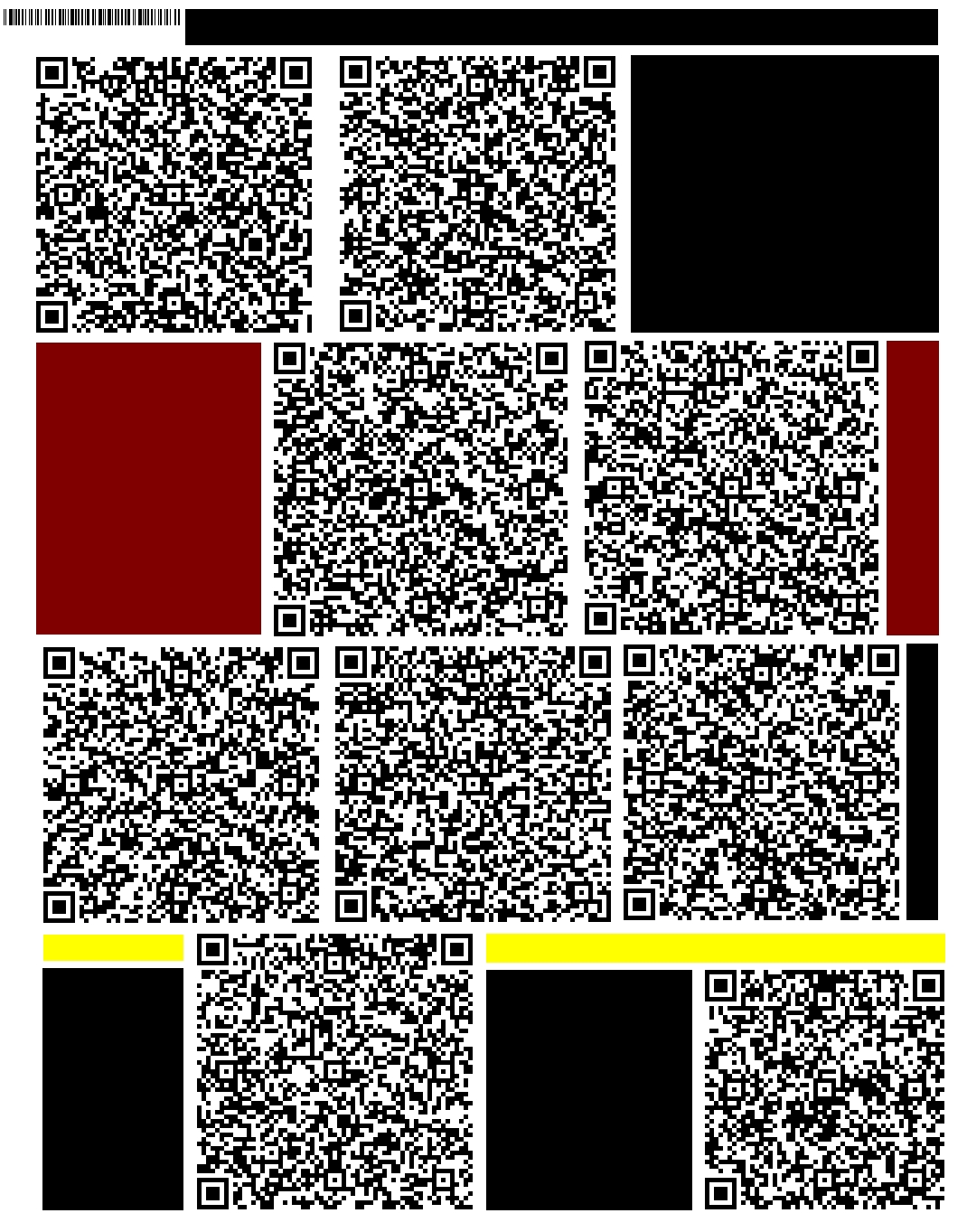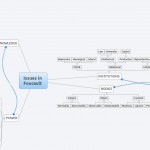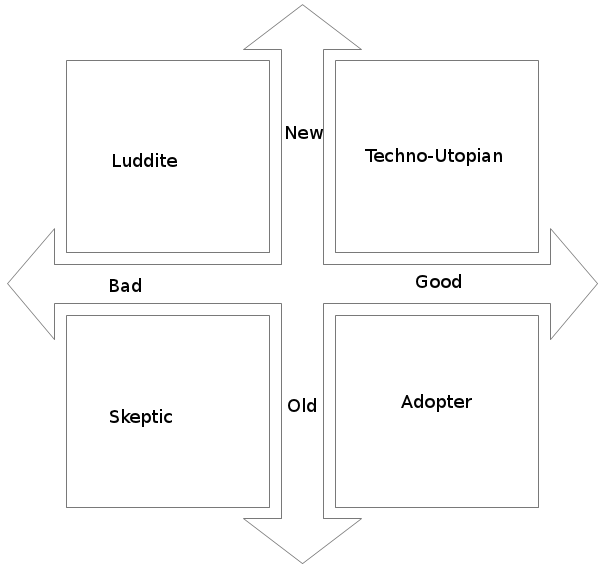Tag Archives: media


Internet – Lit Reviews – Chun, Nakamura, Gitelman
Three writers who focus on the use and rhetoric of media, rather than on their inherent characteristics or their ethical valences, come together here. Wendy H. K. Chun demands that our attention to the social contexts of emergent technologies center on the political matters of force and sovereignty. Lisa Nakamura draws our attention to myriad, and structural, irruptions of old inequalities as manifested in ostensibly transcendent new media. And Lisa Gitelman pointedly reminds us, through a meticulous and engaging historiography, that what we call ‘new’ in media has older histories than we often care to admit, that all media were new once, and that any divergent practice or technology enters a complex set of other, perhaps related, media, in which nothing can be outgrown, only deprecated. Together, these thinkers provide good scholarship on which further research can be modelled, and provocative questions that demand further thought.
Continue reading

Internet – Lit Reviews – McLuhan, Manovitch
Whether one accepts straightforwardly deterministic speculation or not, whether one prefers to think the mind and the collective mind as functions of or factors in computing, we are bound by mediating forces. As the paragons of privileged speculation, Marshall McLuhan and Lev Manovich stand unchallenged as the sources for media and software theory in the United States. Their conceptual frameworks are most contentious when held against certain French thinkers’. McLuhan’s insight that all media contain as a message a prior medium finds a counterpoint in Regis deBray’s analysis of media as overlapping paradigms, rather than linear progressions. Manovich’s later contributions to software theory as a field in its own right takes as a direct target the archaeology of media as expounded by Michel Foucault, whose concentration on print and writing as valid archival data severely limits his historiographic impulses. But taking these two Anglo writers’ work on their own, we can unpack just where they stand, as well as their utility and inspiration for contemporary thought. Continue reading
The Plan

Internet – Lit Reviews – Kittler, Lanier, Jenkins

Internet – on Labor
At a relaxed dinner with a good friend recently, we discussed the difficulty of finding a job in Detroit over the last few years. We spoke about the population’s available, marketable skills, and compared the price of land/rent to the type of organizations with the capital to buy it up. Then, we touched on a curious potential outcome of the current grim circumstances. In ten or fifteen years, we posited, when the city has grown again and its workforce is active again, a primary economic driver could well be the Silicone titans. This unusual placement of internet-driven internet drivers would seem out of place in the Motor City, except for a few key factors. First, technology industries require massive investments of capital for infrastructure and of labor for support in addition to the engineers and designers who are their most visible participants. Second, the data in the United States flows through Detroit, necessitating more of those support staff as that stream grows. And finally, the low cost of land and utilities, and the propensity of large IT firms to model their operations on 19th and 20th century factories, means that the companies have incentive to move to such an area already. Some small moves in this direction could trigger large changes to the economic situation there. Continue reading
Internet – Synthesis – On Newness
The question of what, after all, is so new about the internet has run through the introductory and summary posts in this series. It is a divisive question. Some proclaim the revolutionary, worldchanging emergence of the internet a wholly unique phenomenon. Others describe its continuity with older forms of media, communication, technology, or ideas. And each vein has its proponents and detractors of the internet’s cultural effects, which seem ubiquitously manifest, though not unequivocally ethically or morally valenced. Since we are concerned, here, with not just cultural effects but also cultural conditions for today’s internet, though, we cannot neatly reduce our approach to any of these positions.
So, we are faced with a series of comparisons and contrasts.



